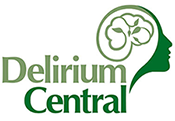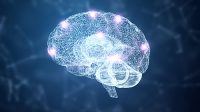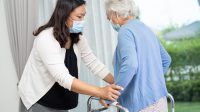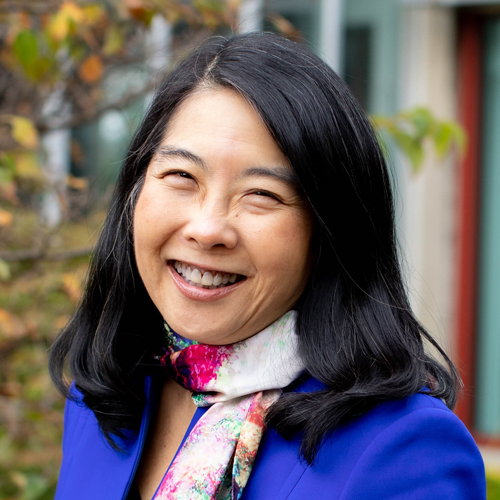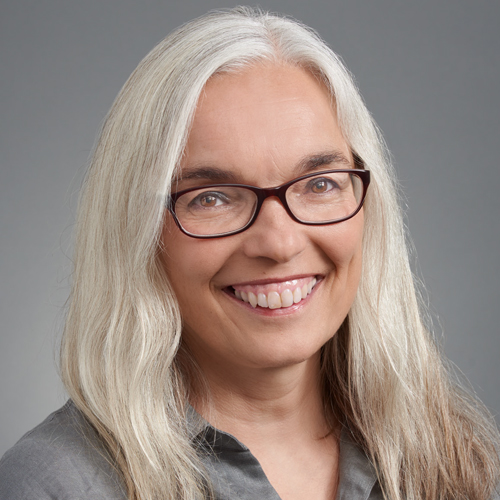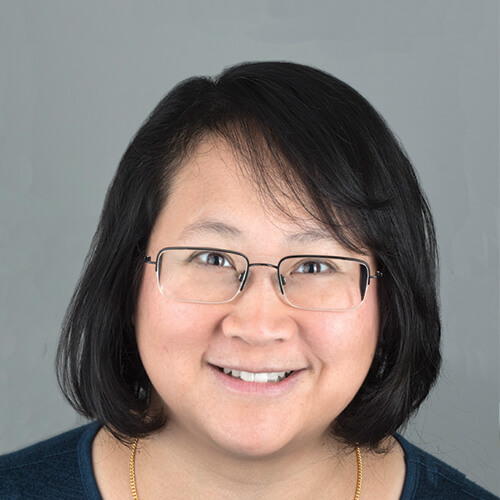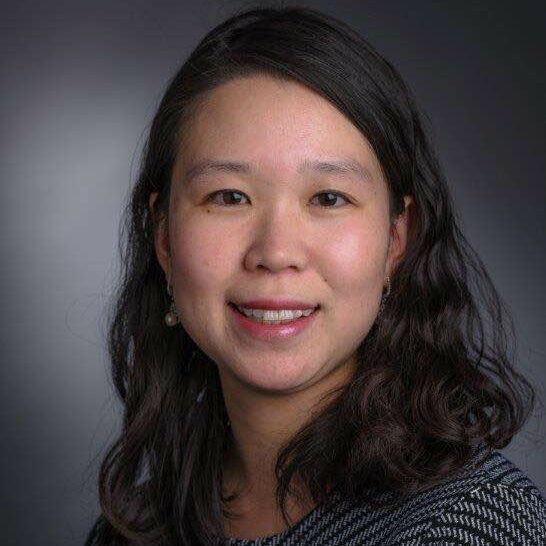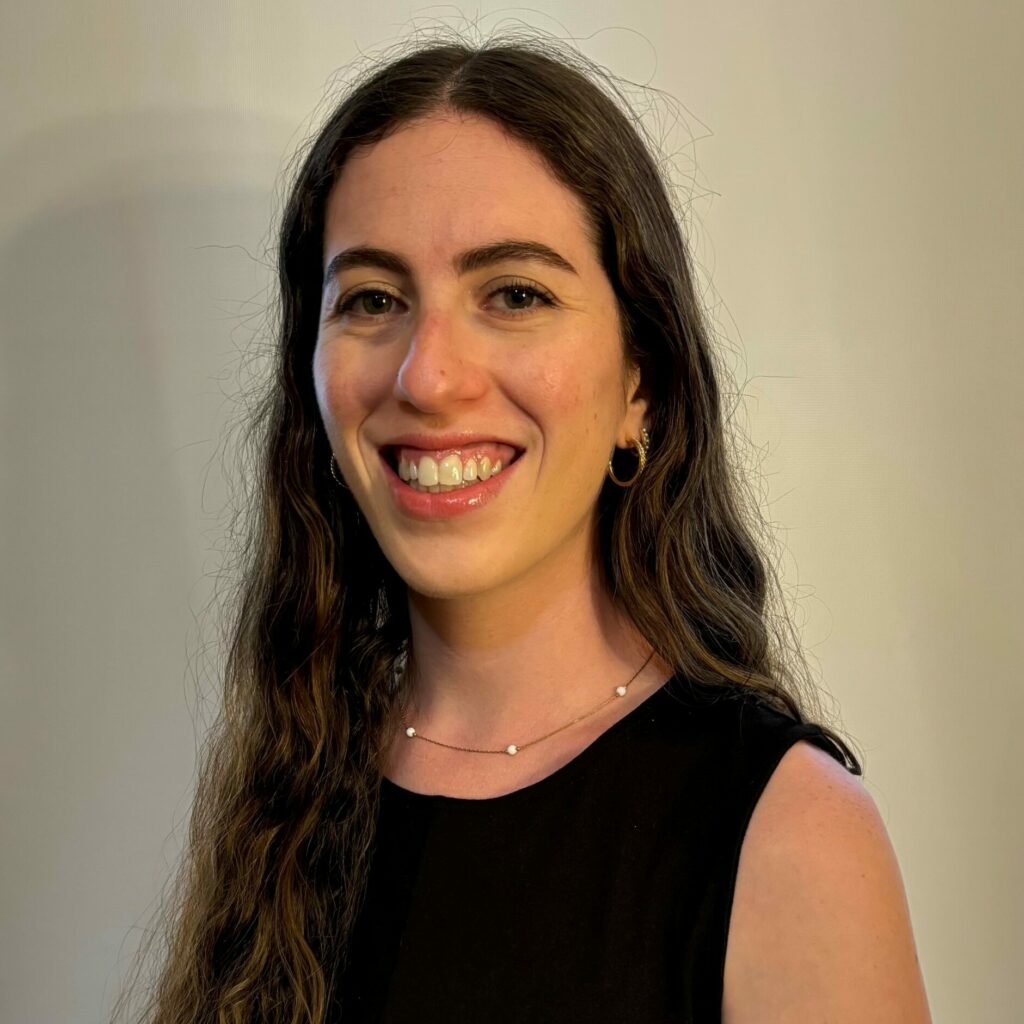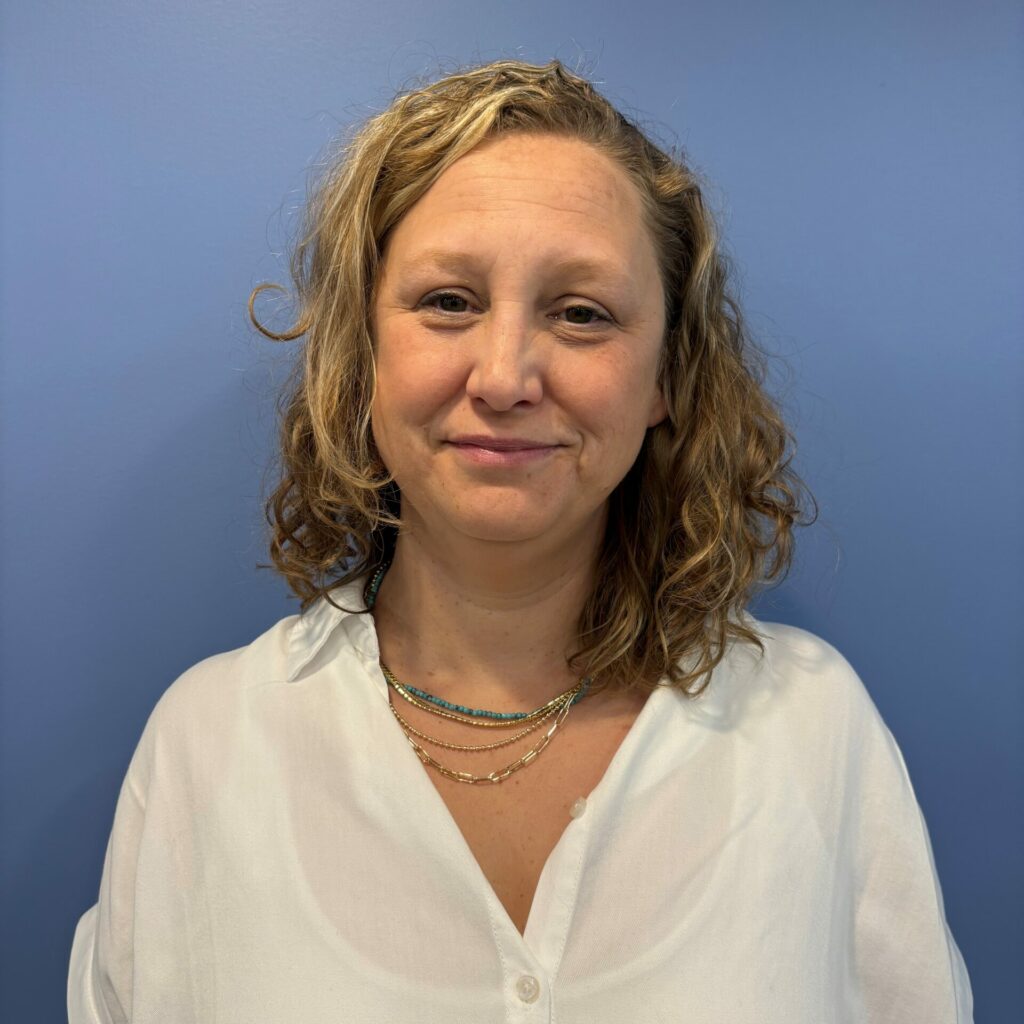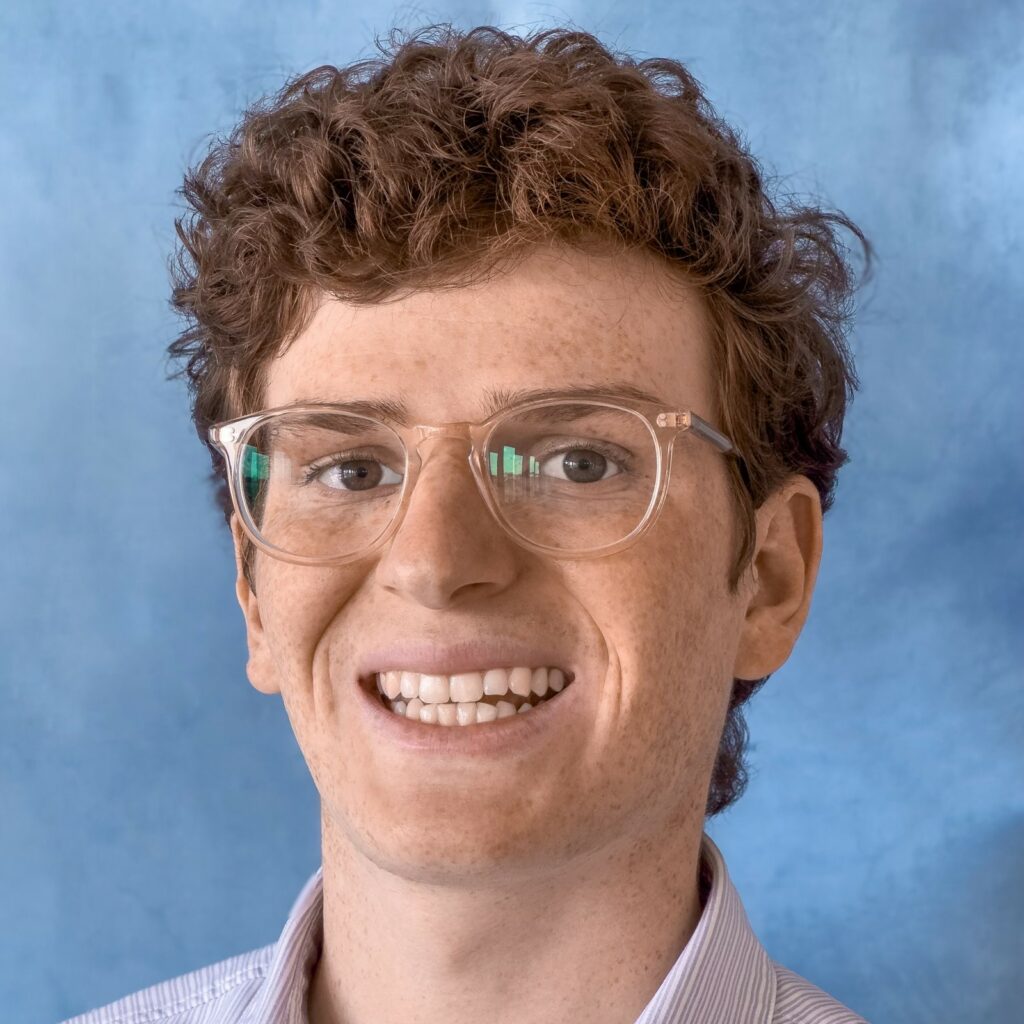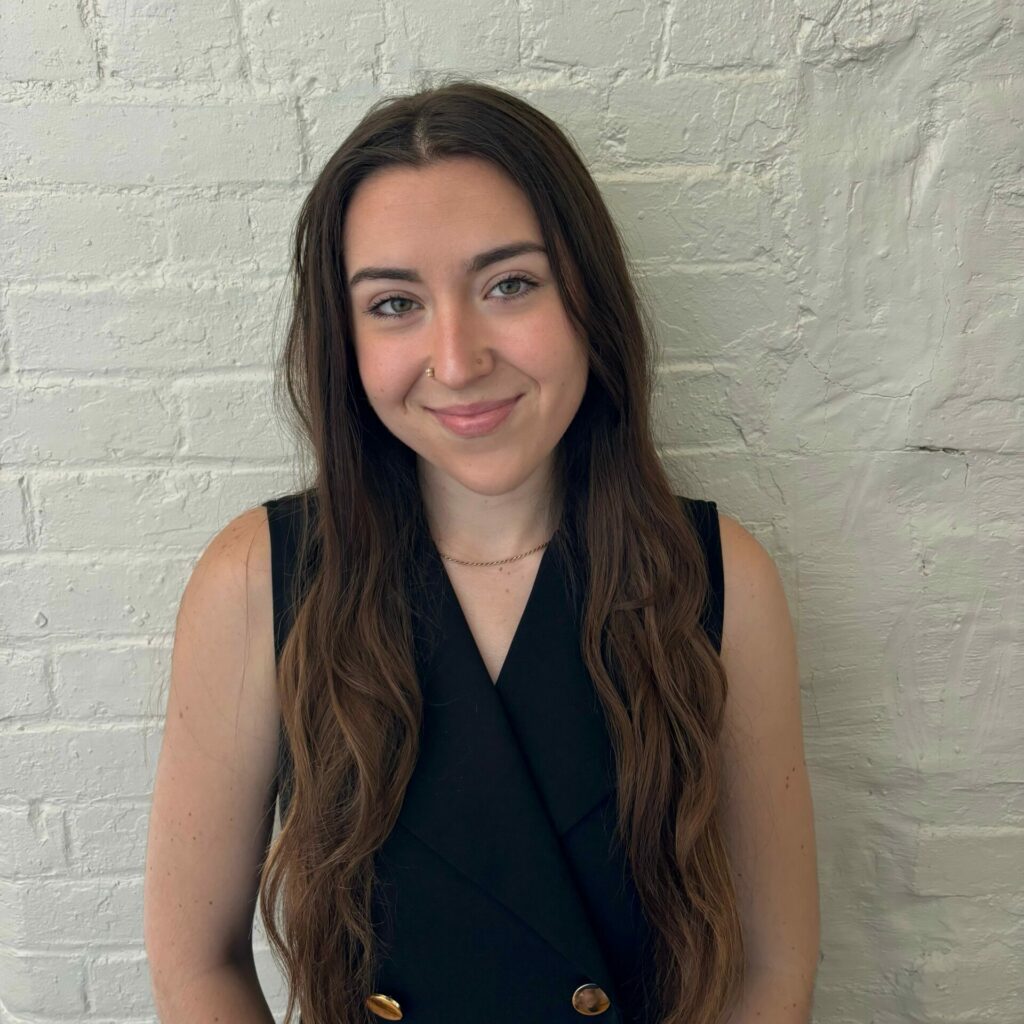The Aging Brain Center
The Aging Brain Center is dedicated to advancing medical knowledge about delirium and the interface between delirium and dementias, such as Alzheimer’s disease. Each year, more than 12 million older Americans develop delirium, an acute medical condition that presents as an abrupt confusion or a sudden change in cognitive abilities. Long-term consequences of delirium include increased risks of death, dementia, and prolonged disability. Delirium is especially common in patients with Alzheimer’s disease, and prevention of delirium in this group of patients is of critical importance.
Our vision is to reduce delirium and its complications for patients worldwide. This mission is realized through rigorous research studies and is supported by a dedicated staff along with interdisciplinary collaborators and trainees in a supportive environment utilizing high-quality, innovative methods and technology.
Our research and clinical activities include investigation of risk factors, pathophysiology, intervention strategies, and clinical trials and focus on:
- Cognitive aging and optimizing cognitive health
- Delirium and prevention of reversible causes of cognitive decline and dementia
- Models of care to prevent delirium and cognitive decline
The Center’s work also examines broader societal implications of delirium and cognitive decline, including costs, policy, and caregiver issues for conditions associated with cognitive impairment in older adults.
The Aging Brain Center is distinguished by our faculty’s commitment to mentor the next generation of researchers in the field, and disseminate our findings to clinicians, policy makers, and the community.
Significant impacts and research focus areas include:
- Delirium Diagnosis. The Confusion Assessment Method (CAM), developed by Hinda and Arthur Marcus Institute for Aging Research Aging Brain Center Director Dr. Sharon Inouye, is the world’ most widely used method for detecting delirium.
- Delirium Prevention. The Hospital Elder Life Program (HELP), a model of hospital care that has been shown to reduce the incidence of delirium by up to 40 percent, is used in more than 200 hospitals worldwide.
- Long-term Outcomes Following Delirium. Our studies on the impact of delirium on older adults has led to greater understanding of the risks, causes, and outcomes associated with this condition, and may ultimately change the way patients with delirium are cared for in the future.
- Interface of Delirium and Dementia. We are interested in understanding how delirium and dementia, two of the most common causes of cognitive impairment in older populations, impact and influence each other.
Faculty & Staff
Current Projects
NIDUS is a collaborative research network dedication to promoting innovation and fostering advances in delirium research through development of innovative research and measurement resources, training opportunities, pilot funding and dissemination of information.
NIDUS’ unparalleled efforts to advance delirium research include: developing a database of ongoing delirium studies—to encourage multi-site collaboration, secondary analyses of existing delirium data, and facilitation of pilot studies; developing resources to help researchers choose and compare tools for assessing delirium and integrate information collected across multiple delirium studies; maintaining a large database (over 5,000 citations) of curated delirium studies for easy access for busy clinicians and researchers; providing annual pilot grants to encourage innovative research in new areas of study; hosting an intensive training boot camp for researchers new to the field of delirium; and holding an annual scientific symposium for delirium researchers.
NIDUS is funded through an award from the National Institute of Health/National Institute on Aging (grant no. R33AG071744). You can learn more about NIDUS at our website, deliriumnetwork.org and on X (formerly Twitter) @nidus_delirium and @sharon_inouye.
The AGS CoCare: Hospital Elder Life Program (HELP) is an innovative model of hospital care designed to prevent delirium and functional decline in hospitalized older adults. HELP uses interdisciplinary staff and targeted intervention protocols to improve patients’ outcomes and provide cost-effective care.
The primary goals of the program are:
- Maintaining cognitive and physical functioning of high risk older adults throughout hospitalization
- Maximizing independence at discharge
- Assisting with the transition from hospital to home
- Preventing unplanned hospital readmissions
These goals have been accomplished using a multicomponent intervention strategy. In addition to targeted interdisciplinary geriatric assessment, HELP uses an innovative volunteer model to provide personal, supportive attention to vulnerable older patients. HELP materials include a structured curriculum for instructing volunteers to deliver daily orientation, early mobilization, feeding assistance, therapeutic activities, a non-pharmacological sleep protocol, and hearing/vision adaptations.
In 2020, a formal partnership between HELP and the American Geriatrics Society led to the establishment of the AGS CoCare: Hospital Elder Life Program. The AGS CoCare portfolio provides a whole host of resources for health professionals implementing the program at their institution. For decades, HELP has been successful at returning older adults to their homes or previous living situations with maintained or improved ability to function. With extensive demonstrated clinical- and cost-effectiveness in over 25 published studies, HELP provides training and support for skilled interdisciplinary staff to implement the program, which has been adopted by over 200 hospitals worldwide. Visit the AGS CoCare: HELP website for more information on how to establish HELP at your hospital (https://help.agscocare.org/). Follow us on X (formerly Twitter) at: @ElderLifeProg and @sharon_inouye. AGS CoCare HELP holds an annual conference, 2 national interest group sessions per year, and ongoing Coaching calls throughout the year.
The Hospital Elder Life Program (HELP) is an effective and evidence-based clinical program that has become standard care in hospitals worldwide because it works so well. HELP staff are highly trained and skilled to address many issues that can affect older adults (age 70 years and older) and lead to problems during hospitalization. In particular, HELP works to prevent delirium, a short-term condition that often develops suddenly, causes feelings of confusion, and is common among hospitalized older adults. The HELP program aims to help maintain thinking and memory for older persons throughout their hospital stay by providing many interventions (orientation, activities, exercise, nutrition, and special nursing care) designed to maintaining functioning and independence. HELP has also been shown to prevent falls, shorten hospital stays, and decrease the need for nursing home care after discharge.
The ENHANCE Trial will compare the effect of standard HELP to an adapted version of HELP, called Family-Augmented HELP (FAM-HELP), on patient health outcomes and experiences while in the hospital. FAM-HELP will train family members or care partners to add to the standard HELP components during a patient’s hospitalization. Families will be involved in providing orientation and communication, engaging in fun activities to enhance memory, providing assistance with walking or feeding as needed, and emotionally supporting their loved one in the hospital. We want to see if FAM-HELP can improve health and well-being for both patients and their family members, including an increased feeling of emotional and social support between patients and families.
The study will enroll 3,000 patients and their family members from 8 hospitals over 5 years.
In PCORI-funded projects like our ENHANCE trial, researchers are required to have members on our team (called “stakeholders”) who have direct experience with the condition under study, with multiple different perspectives. Stakeholders contribute their own personal or professional lived experience and first-hand knowledge to our study of delirium. Their perspectives will help shape and guide our work.
The ENHANCE Trial includes 4 groups of stakeholders nominated by study leaders at participating research and clinical sites.
- Patient Stakeholders all bring lived experience of having delirium or being at risk for delirium while in the hospital.
- Family Stakeholders are caregivers or care partners for loved ones who have had delirium, or are advocates for caregivers and care partners.
- Clinical Stakeholders care for patients with delirium or who are at risk for delirium and have experience delivering care using the HELP model.
- Health System and Policy Leader Stakeholders work to improve care for patients with delirium, and patients who are at risk of delirium.
All stakeholder groups meet 5–6 times a year and provide feedback on key parts of the study.
HELP has years of research and evidence to support its use in hospitals to prevent delirium. However, it is unknown if adding the additional layer of family and caregiver involvement (FAM-HELP) will work better than HELP, or if HELP will remain the best model of care. Our research trial hopes to answer this question, with the ultimate goal of improved care in hospital settings for older adults (age 70 years and older) and prevention of delirium. This trial may help us find new ways for family members to enhance the care of older adults during a hospital stay.
The original BASIL I (Better Assessment of Illness) study aimed to create a new instrument to measure the severity of delirium, developed and validated in a cohort of 352 medical patients. Delirium is preventable and treatable, but good measures of delirium severity are needed to understand the clinical course and recovery, and to test the effectiveness of treatment on relevant clinical outcomes. Severity is a complex topic and may mean different things to patients and those providing care. The results of the BASIL study may ultimately help to reduce healthcare utilization, and to minimize distress to patients and caregiving burden to family members and nurses. The BASIL II renewal study will extend our prior work by defining delirium severity in patients with Alzheimer’s disease and related disorders, and developing new ways to measure delirium severity in participants both with and without dementia. BASIL II will enroll a new cohort of 450 patients across 3 sites, including medical, surgical, and nursing home populations. BASIL is funded by NIA grant R01 AG044518 (Inouye/Jones).
Surgery and hospitalization in older adults can often lead to delirium, and in turn these patients may develop difficulties in thinking, functioning, and memory. Previous studies have shown these changes occur in 30-40% of older adults. The original SAGES I (Successful Aging after Elective Surgery) study was designed to examine the risk factors, causes, and duration of these changes in thinking and functioning. The SAGES I study is one of the largest of its kind, examining 566 older adults after surgery, and is the first ever Program Project (P01) Grant on delirium funded by the National Institutes of Health. The SAGES II study, also examines changes in thinking and functioning in older adults, and will extend SAGES I through exploration of the role of inflammation, Alzheimer’s disease biomarkers, brain plasticity, and complicated delirium (i.e., delirium associated with long-term cognitive decline) in a cohort of older adults. SAGES II includes the original 566 older adult cohort included in the original SAGES I study along with 420 additional participants. Ultimately, the results of these studies may contribute to finding ways of helping older adults successfully recover after surgery, avoid hospital- and surgery-related complications, and maintain their cognitive abilities. SAGES is funded by NIA grant P01 AG031720 (Inouye).
The RISE study (Role of Inflammation after Surgery in Elders) funded by the Alzheimer Drug Discovery Foundation (ADDF) seeks to understand the role of inflammation in delirium and long-term cognitive decline. Increasing evidence links neuro-inflammation to Alzheimer’s Disease, post-operative cognitive decline and delirium. For example, it is possible that delirium, which often occurs following major physiologic disruptions including a medical illness and surgery, may accelerate cognitive decline via by inflammatory mechanisms. RISE has identified important risk markers for delirium and cognitive decline as well as biomarkers of inflammation. This study holds great promise to accelerate anti-inflammatory treatment interventions with the goal of reducing delirium and long-term cognitive decline following surgery.
In 2018, the Aging Brain Center team, under direction of Dr. Sharon Inouye, began a partnership with the West Health Foundation to develop the ED-DEL, a program assisted by the “ED-DEL Change Package and Toolkit” for implementing a delirium program in the emergency department. This step-by-step guide for implementation includes frameworks for conceptualizing change in the organization, a bibliography of literature on delirium and its presentation in the emergency department, and many resources and tools to aid in launching a delirium program.
The team developed the ED-DEL Toolkit to assist with identification and prevention of delirium in the emergency department.
Since the onset of COVID-19, Dr. Sharon Inouye and the Aging Brain Center team have been hard at work conducting research on how the virus has impacted older adults and updating the AGS CoCare: Hospital Elder Life Program (HELP) materials to be relevant to current healthcare restraints. Dr. Inouye has written on how delirium can be presenting symptom of COVID-19 in older adults, as opposed to fever or chest pain (https://academic.oup.com/ageing/article/49/4/497/5831131). She has been interviewed on the subject for the New York Times (https://www.nytimes.com/2020/05/10/opinion/coronavirus-hospital-delirium.html). Dr. Inouye has also contributed her efforts to the COVID-19 Conversations webinar series from the American Public Health Association and the National Academy of Medicine (https://covid19conversations.org/).
In addition, the ABC team will be exploring the effects of social isolation resulting from the COVID pandemic on the physical, mental and cognitive health of older adults through a supplement to the SAGES study (see above, P01 AG031720). The sub-study, the COVID-Related Isolation AND Elders with Resilience (CORIANDER) study, is being led by Associate Scientist Dr. Tamara Fong.
COVID-19 has exposed ageism in our healthcare system, and Dr. Inouye has spearheaded a systematic review of clinical trials globally (registered in clinicaltrials.gov) to found that treatment and vaccine trials for COVID-19 often exclude older adults either through explicit age criteria or exclusion criteria that unnecessarily target age-related yet manageable conditions, such as well-managed hypertension or Type II Diabetes. You can read this important research brief in JAMA Internal Medicine (https://jamanetwork.com/journals/jamainternalmedicine/fullarticle/2771091).
Delirium is a frequent and often-missed presentation of a COVID-19 infection. In recent work involving a cohort of >800 patients presenting to the ED, Dr. Inouye, working with EDs across the country, demonstrated that delirium is the 6th more common presenting sign/symptoms in older adults with COVID-19, and can be the only presenting symptom. You can read this important research in JAMA Network Open (https://jamanetwork.com/journals/jamanetworkopen/fullarticle/2773106).
